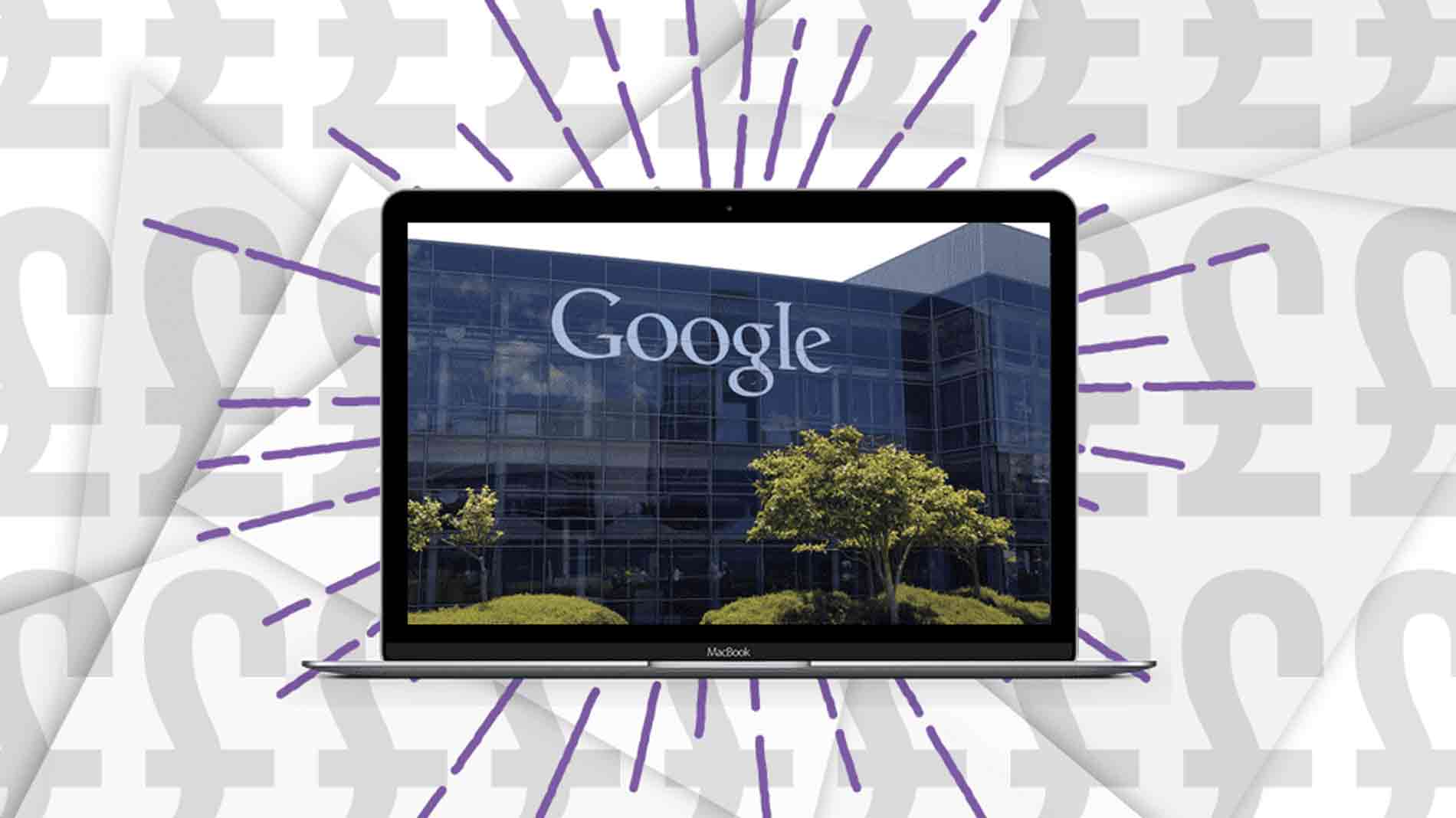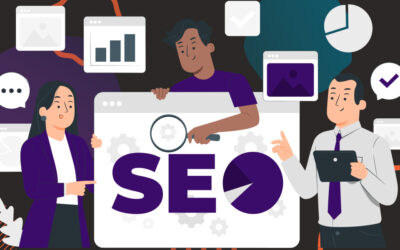Working within the search sphere for the best part of a decade has exposed me to various iterations of Google’s Search Results Pages (SERPs) – after all, it’s forever testing new ways to improve the experience of its users.
In part, I’m willing to accept that a lot of these changes have led to greater user engagement across countless search queries. With that said, in recent years it has become all too evident that Google is actively trying to blur the lines between organic results and the paid ads served via its AdWords platform.
The benefits to Google of such a strategy are clear … the more a user struggles to distinguish between organic and paid listings, the more chance they’ll click an ad and, in turn, add a slightly more cash into Google’s coffers.
Google is extremely aware that a significant number of its users don’t like or trust paid ads, choosing to opt for an organic listing instead. This research in 2016 suggested that as little as 6% of users make use of paid ads, meaning a huge opportunity for Google to grow its paid click revenues.
Recent ChangesMost interested observers will have caught recent news that Google has been testing a new green outlined “Ad label” and that as of the last week of February it had been fully rolled out on all SERPs.
Hot on the heels of the above release, fresh reports suggest Google’s testing a new AdWords feature of an “additional description” field … but why does all this matter?
It matters because, although these changes undoubtedly increase engagement, the increased engagement is more likely to be on the paid ads as opposed to the organic listings.
Why would this happen?
Put simply, it’s because of the reduced visual differences between paid ads and organic listings over the years.
Historic ChangesWhen I started out doing PPC 10 years ago (back when I were a lad), ads were simple:
25 character headline
35 character line of description
35 character line of description
URL
And… DONE
To this day, an organic listing has:
- 55 character headline (Page Title)
- 155 character description (Meta Description)
It’s no secret that Google has regularly rung changes, mainly to how paid ads are displayed. The biggest change of all came just over a year ago when Google stopped displaying paid ads down the right hand side of its SERPs, opting instead to show four at the top of the page (rather than the previous three) and then up to four at the bottom of the page, nicely sandwiching those organic listings.
When this change was made, advertisers naturally feared they would be worse off due to losing half of the available paid placements for any given query, though those fears were widely unfounded as there was still plenty of traffic out there for paid advertisers to acquire.
In terms of organic results, the main change we’ve witness is the introduction of sitelinks underneath the main description. Unsurprisingly, sitelinks are also an AdWords extension now.
When I started out doing PPC 10 years ago (back when I were a lad), ads were simple:
25 character headline
35 character line of description
35 character line of description
URL
And… DONE
To this day, an organic listing has:
- 55 character headline (Page Title)
- 155 character description (Meta Description)
It’s no secret that Google has regularly rung changes, mainly to how paid ads are displayed. The biggest change of all came just over a year ago when Google stopped displaying paid ads down the right hand side of its SERPs, opting instead to show four at the top of the page (rather than the previous three) and then up to four at the bottom of the page, nicely sandwiching those organic listings.
When this change was made, advertisers naturally feared they would be worse off due to losing half of the available paid placements for any given query, though those fears were widely unfounded as there was still plenty of traffic out there for paid advertisers to acquire.
In terms of organic results, the main change we’ve witness is the introduction of sitelinks underneath the main description. Unsurprisingly, sitelinks are also an AdWords extension now.







